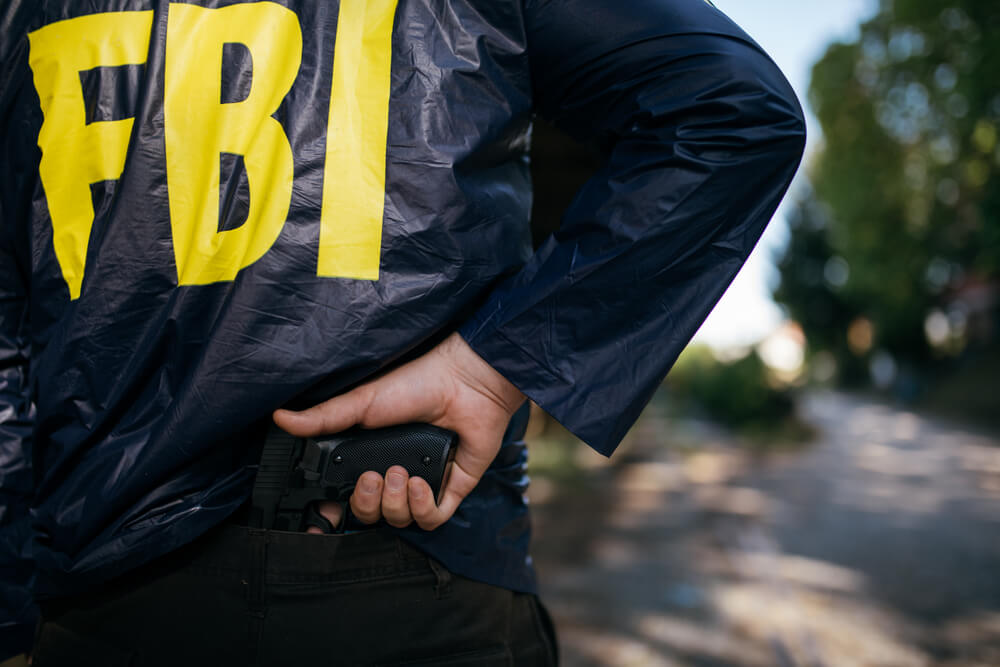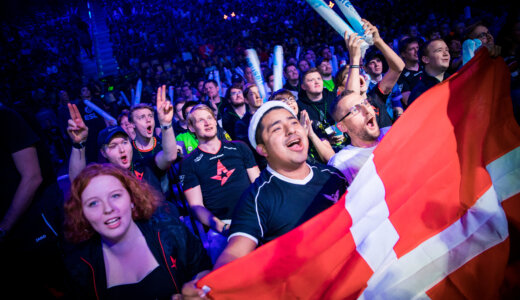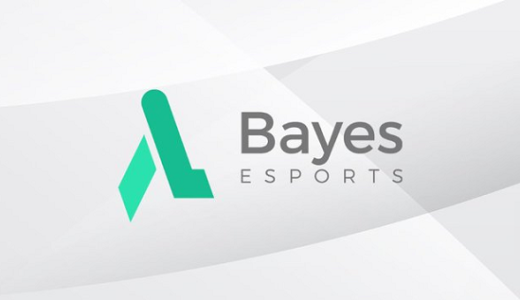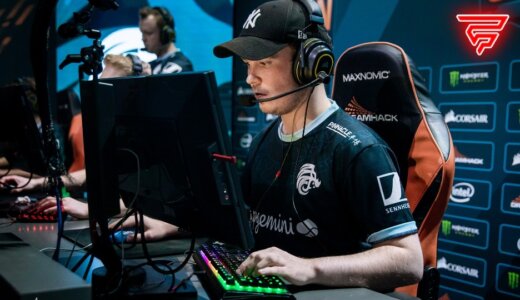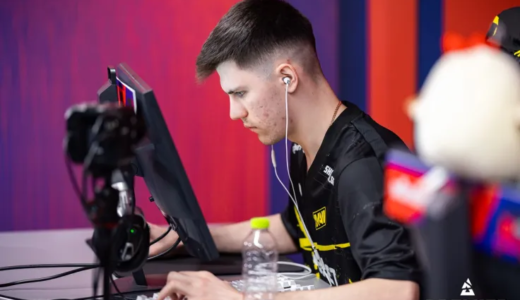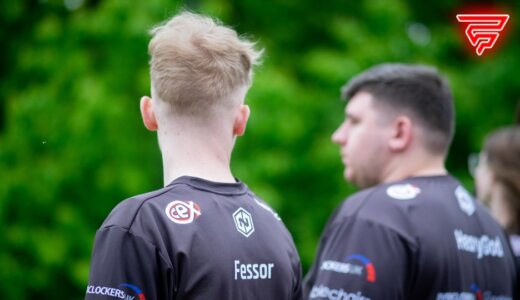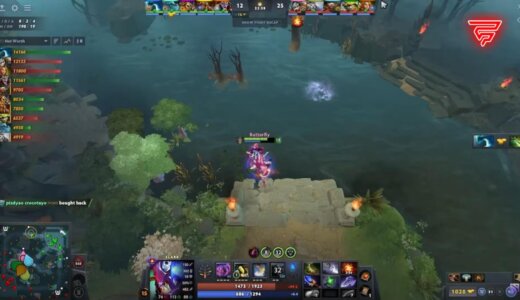Alongside the Esports Integrity Commission (ESIC), the FBI has started investigations into Counter-Strike: Global Offensive match fixing. Involving a group of gamers, the investigation also centers around illegal betting on Esports tournaments. It is alleged that players accepted bribes from betting syndicates in exchange for fixing the results of matches.
ESIC Commissioner Ian Smith has stated that they were working with the FBI in order to investigate “players just doing it off their own bat, opportunistically”, while also stating that match fixing has been “going on for longer [and is] much more organised”. With CS:GO events being worth millions of dollars in prize money in some cases, this is an increasingly important issue for the popular Esports title.
What Punishment Will Those Involved Face?
Smith went on to describe those involved as “idiots”, who would face lengthy bans if found guilty. The FBI recently established a sports betting investigative department, which Smith had the following to say on: “They are good but they are inexperienced because sports betting has never been a big thing in America.”
Back in January, some 35 players were banned in Australia following breaches of anti-corruption codes. This followed bans given to seven players last year. CS:GO has been in the spotlight in this area for some time, with developers Valve having also banned 37 coaches for taking advantage of a bug within the game. The bug granted those involved unrestricted views of CS:GO maps, with coaches having passed on information to their players. Bans handed out ranged from 12 months for those who bet on matches, to 60 months for those who wagered against their own team.
Why We Should Learn More Soon
Smith also revealed that we should learn more about the exact details of the scandal in Australia soon, stating that: “I’m optimistic that we’ll be able to go public with this soon, within the next 10 days to two weeks. The betting scandal in Australia where whilst it was a large group of players – and there definitely is match-fixing there, and we’re working with law enforcement there, it takes a lot longer there once you start working with the police.
“Fortunately in Australia, these are criminal offences. So getting it all coordinated with the police takes a lot longer. We’ve got great solid cases there, and if it was just us acting alone, we’d announce those prosecutions now. But it isn’t all 42 guys that were betting – it’s a much smaller group within that who were not just betting, but manipulating outcomes.”
